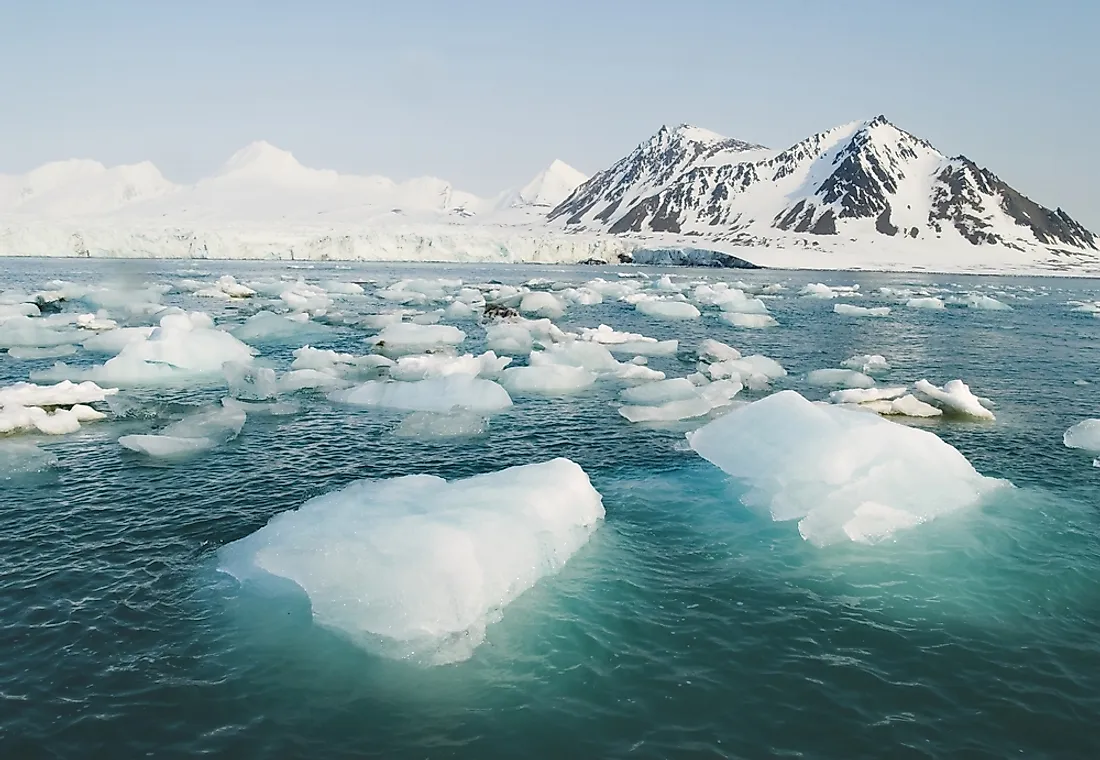
Why Does Ice Float?
Ice floats on water because it is less dense than water. The Archimedes Principle states that for an object to float on water, it has to displace an equal amount of water. Usually, solid objects are denser than liquids. The logic is backed up by chemistry since the molecules that make up solids are tightly bound to each other, making them more compact. Thus, they are weightier than liquids and gases. However, ice is an exception because it is less dense than water, and thus floats on it.
In most cases, cooling a liquid leads to an increase in its density until it becomes solid. At that point, it attains its maximum density. Water behaves slightly differently compared to other liquids. As you continue to cool water, its density increases. However, instead of reaching its maximum density when it freezes, it attains the highest density at 4 degrees Celsius. Cooling the water beyond 4 degrees leads to a decrease in its density due to the unique nature of hydrogen bonds. By the time water becomes ice, it has a lower density than water. More specifically, water is 9% less dense than water, thereby taking up 9% extra space. Consequently, a liter of ice weighs less than a liter of water. The reason for this is that the hydrogen bonds in water are more compact in liquid form but less compact in the solid state.
Ice also floats because of the intricacies of buoyancy versus the gravitational force. The buoyancy force is an “upward push” to the density of the liquid. On the other hand, gravity is a “downward pull” which relates to the density of the liquid. For a solid to float on a liquid, the upward push should be greater than the downward pull. Therefore, whenever ice is placed upon water, the upward push is greater than the downward pull.
What is The Significance of Ice Floating on Water?
The unique property of water floating on water makes survival possible for fish that live in water bodies that freeze during winter. The water bodies freeze from top to bottom allowing fish to live under normal circumstances in spite of the frozen surface. If the opposite were true, ice would displace water to the top causing it to freeze too. As a result, rivers and lakes would freeze solid leading to the death of all marine life.


 Users Today : 192
Users Today : 192 Total views : 468596
Total views : 468596